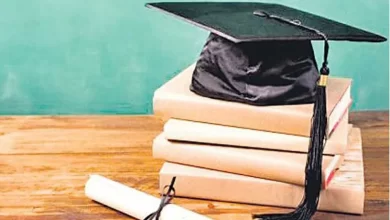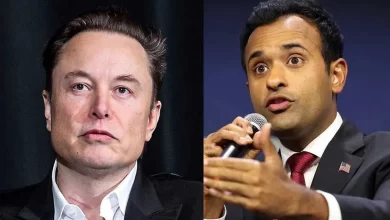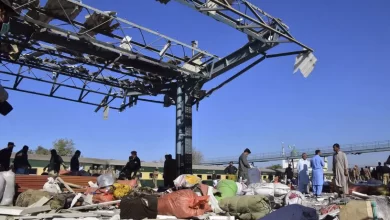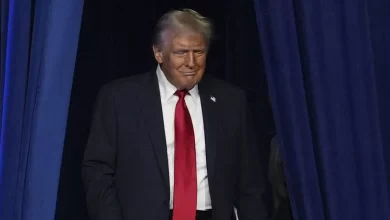Australia grapples with worker shortage after strict COVID rules
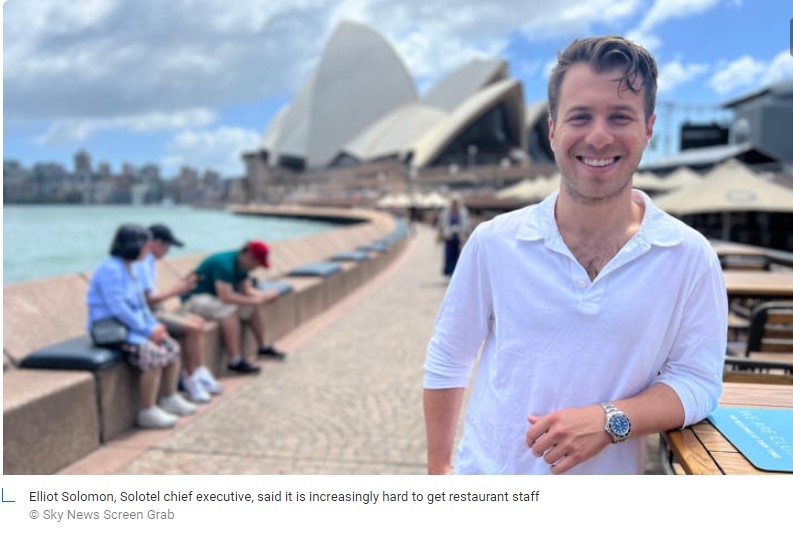
Australia is reviewing its entire visa and immigration system in an all-out effort to rapidly increase its workforce. The review is due to come out in February.
Since slamming its borders shut during COVID, the country has struggled to find enough skilled and unskilled workers to fill jobs and drive the economy.
After Canada, Australia has the second worst skills shortage among the world’s richest countries.
Beneath the Sydney Opera House, Solotel, a waterfront bar and restaurant, is crying out for staff.
Its chief executive Elliot Solomon said they urgently need chefs, wait staff, bartenders and baristas.
“We have a couple of fine-dining restaurants and we can’t open on certain days because we don’t have enough staff,” he said.
Mr Solomon said wages are up 25% in a year and servers average around £20 an hour.
Work incentives include £500 sign-on bonuses and half price food and drinks for employees and their friends.
Other restaurants are flying foreign staff into the country and providing accommodation.
In March, British backpacker Chloe Ankers moved from Manchester to Cairns and now Sydney.
“There are jobs everywhere up and down the coast,” she said.
“The pay is amazing, compared to back home there’s a big difference.”
With most foreigners preferring the beach to the bush, staff shortages are even worse in regional and remote areas.

Before COVID, 80% of seasonal farm labour came from backpackers.
Three hundred miles west of Sydney in Leeton, tonnes of oranges are left to rot because there are not enough people to pick them.
Orchard owner Frank Mercuri said it is “devastating”, with his business having lost 140,000 pounds of fruit.
Australians are not filling these jobs – the unemployment rate is the lowest in 48 years.
It is an employee’s market. A survey by National Australia Bank found one in three businesses want to hire more people.
A total of almost half a million workers are needed in almost every industry, from hospitality and tourism to construction, technology, agriculture and mining, as well as teachers and nurses.
There is also a severe shortage of tradespeople; mechanics, builders and plumbers – the list goes on.
Car workshop owner Cameron Virtue is under pressure and cannot expand his business. Without enough technicians, he is working a 70-hour week.
He said: “I think we need to look more overseas, I generally find that techs trained in the UK are far superior to what we have here.”
Mechanic Joel Swain has no regrets about swapping North Yorkshire for the Sydney summer.
He recently returned home to see family and friends and says that was the “final nail in the coffin”.
“You can see people aren’t that happy [in the UK] and more and more of my friends are migrating, travelling Asia and coming to Australia for this life,” he said.
Australia believes it does not need to sell the country to migrants, as it regards itself as the “lifestyle” capital of the world.
However, during the pandemic it had one of the most severe COVID border closures in the world and the previous government told foreign students and backpackers to “go home”.
They’re now faced with sky-high international airfares to travel here.
So when it comes to migration, Australia has plenty of challenges and ground to make up.



